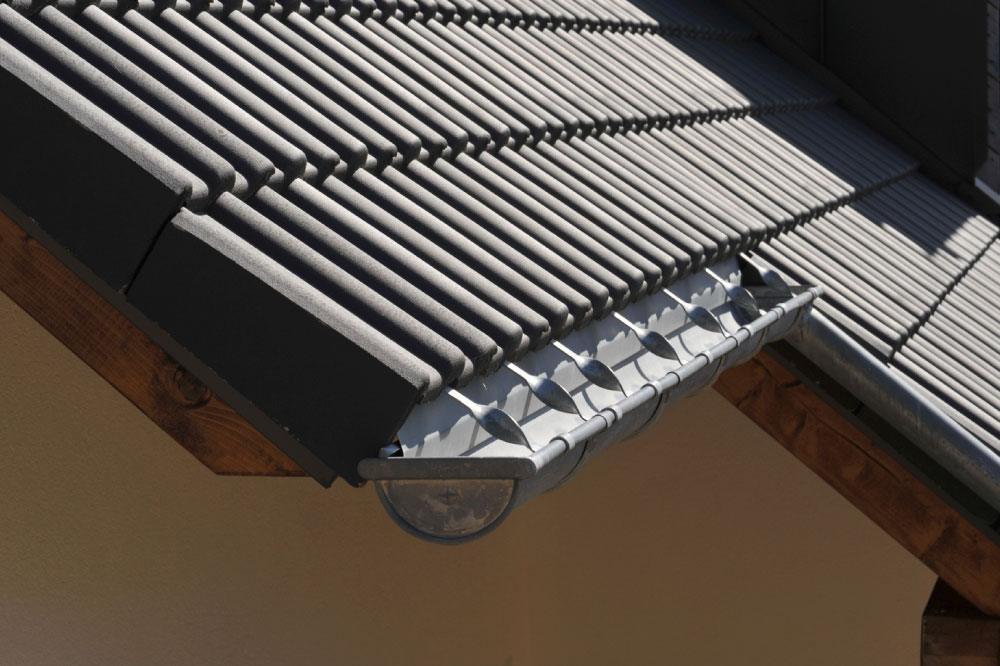5 types of gutter guards and their effectiveness
A roof is essential for protecting one’s home from extreme weather conditions. While the roof can effectively block snow and rain, it will need occasional cleaning to remain fully functional. For most homeowners, this chore can be messy, time-consuming, and exhausting. One might even find hiring a professional too expensive. The alternative is installing a gutter guard, a brilliant addition to the roof that reduces the level of debris buildup one must clean.

How do gutter guards work?
Gutter guards essentially filter out the debris and prevent it from accumulating in the gutter and clogging it. A clogged gutter can be dangerous to a property, and that’s why it needs frequent cleaning and attention. The guards, however, reduce the frequency of cleaning and make your job much easier. There are many types of guards available for you to choose from. Listed below are the major types of gutter guards you can choose from. Each type’s pros and cons have also been mentioned to make the selection process easier for you.
Reverse curve
This is a solid gutter guard option that not only directs the water to the ground but also prevents debris from accumulating within the guard. With this option, you won’t have to go through the entire process of climbing up the ladder and cleaning the rooftop.
Mesh screens
These types of guards filter out the tiniest of twigs and leaves. The water seeps into the gutter and the debris gets accumulated on top of the mesh, which can be easily scraped off. However, that will need frequent cleaning as a lot of debris tends to accumulate on the mesh screens. If one opts for fine mesh, water can bounce off the mesh onto your property, negating the entire purpose of the gutter.
Brushes
The stiff bristles of a bottle brush gutter guard are designed to hold the debris and prevent it from entering the gutter. This is the cheapest DIY option but comes with its own set of drawbacks. The debris tends to get accumulated behind the bristles or gets stuck on the bristles, making it rather difficult to clean.
Foam guards
These again are an inexpensive DIY option, but they lack durability. The foam is directly placed into the gutter, which soaks the water and keeps the debris out. This will still require you to clean the rooftop. Moreover, the foam tends to become stiff, which could potentially lead to more problems. It also deteriorates within a few years; to be precise it lasts no longer than two years.
Perforated metal guards
This is a more durable option compared to the bristle and foam options. It also involves solid installation and covers the entire gutter, under shingles. However, it only filters out big leaves and twigs while allowing tiny pieces of debris to pass through its filter. This won’t clog your gutter as often as it used to get blocked without a guard. The frequency of cleaning this type of guard will definitely reduce, but you may have to take help from a professional to clean the gutter after you have opted for the guard.
Out of all the five types of guards, the reverse curved gutter guards are highly popular. The installation for these guards is solid and robust, and they are preferred over the other options. A gutter guard can help in preventing many major issues like flooded basements and leakages, among others. So it’s essential to look at guards that best suit your property and needs.